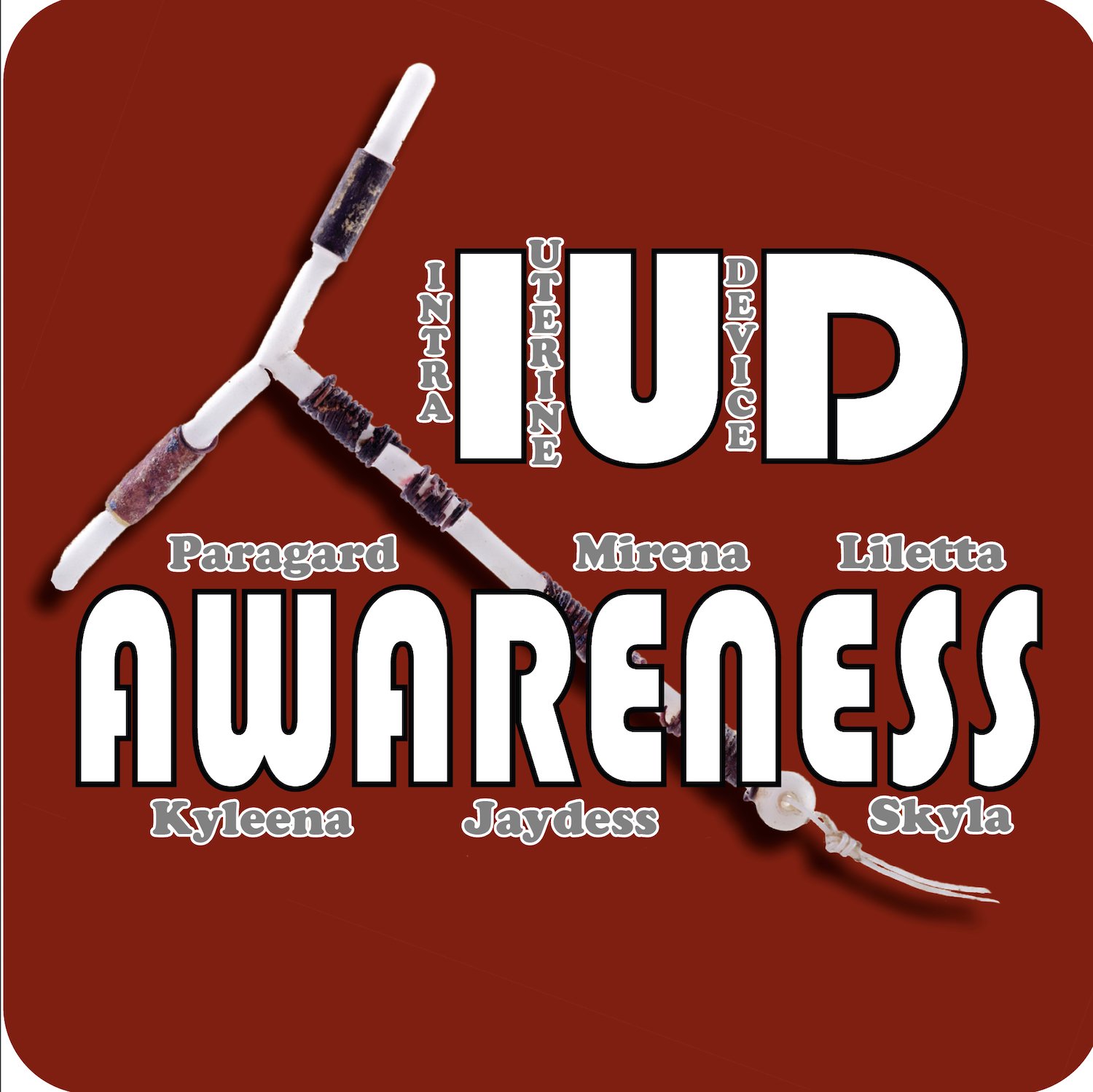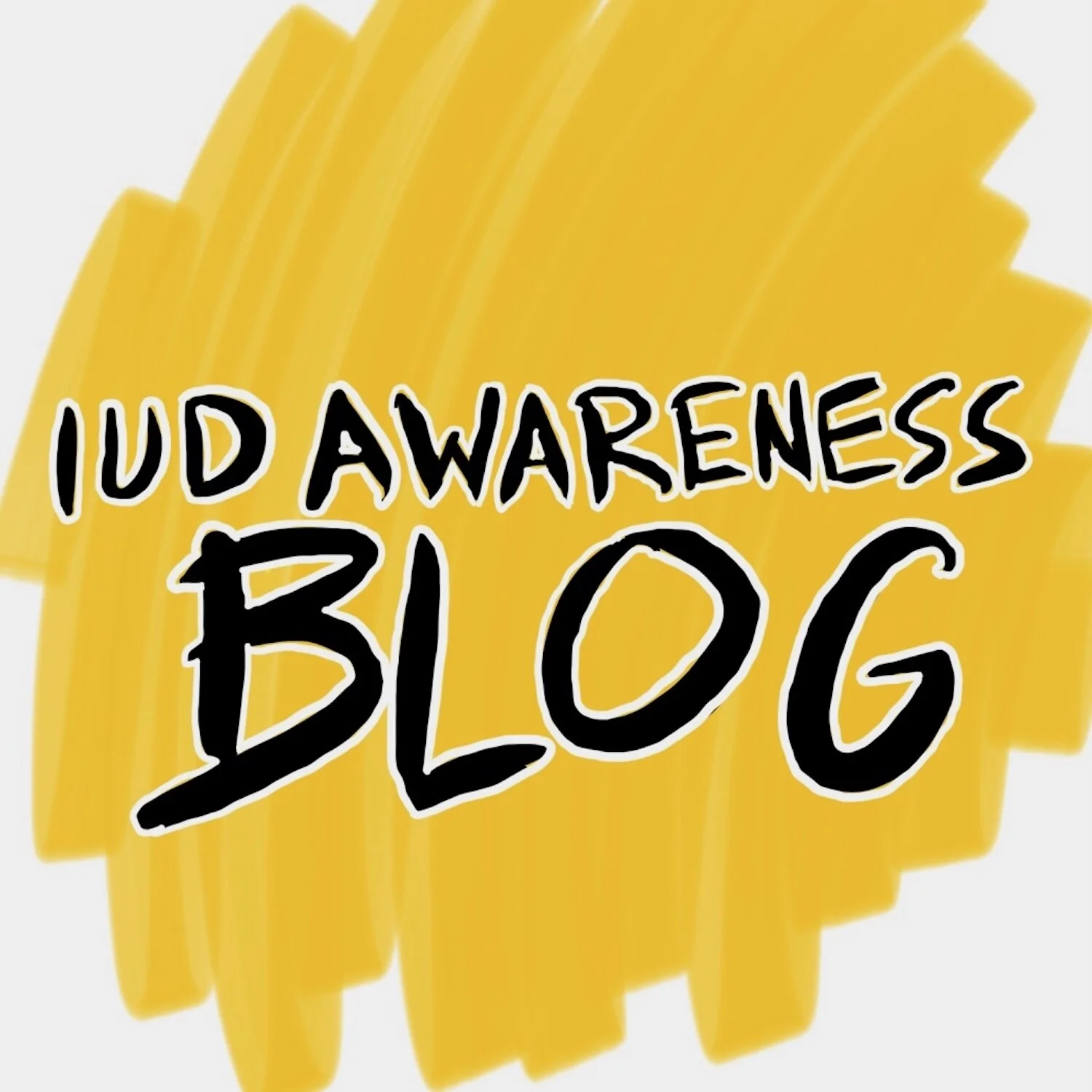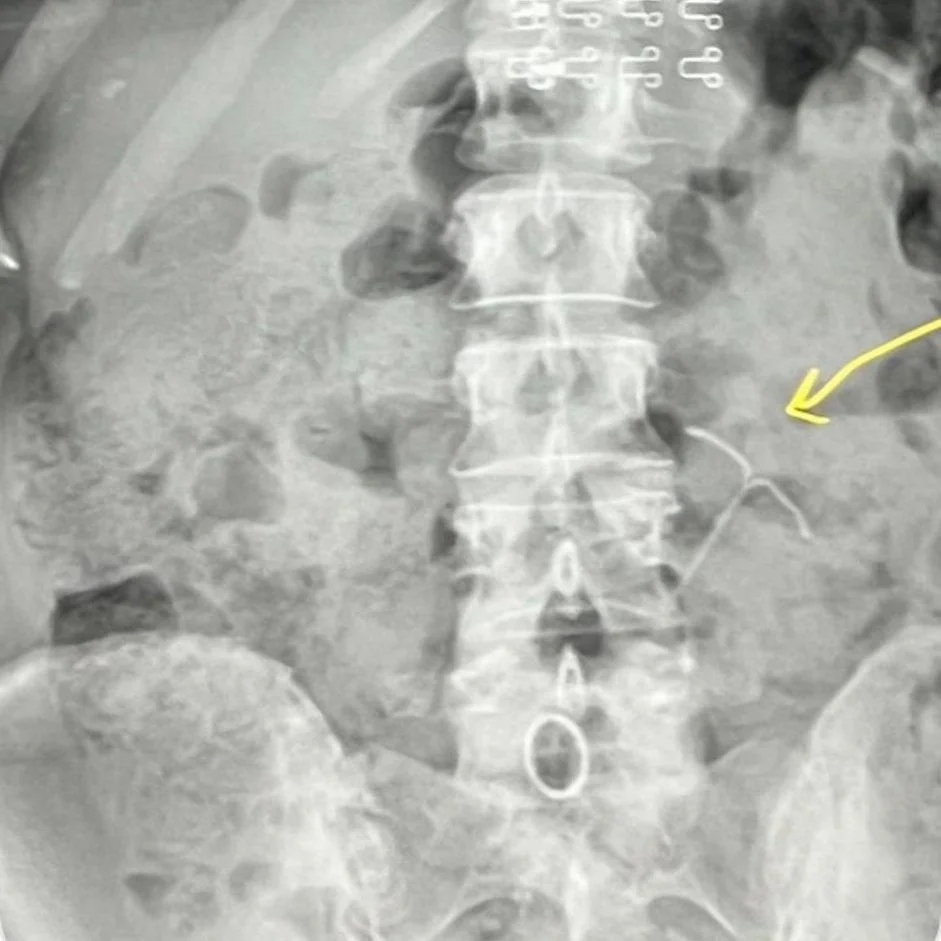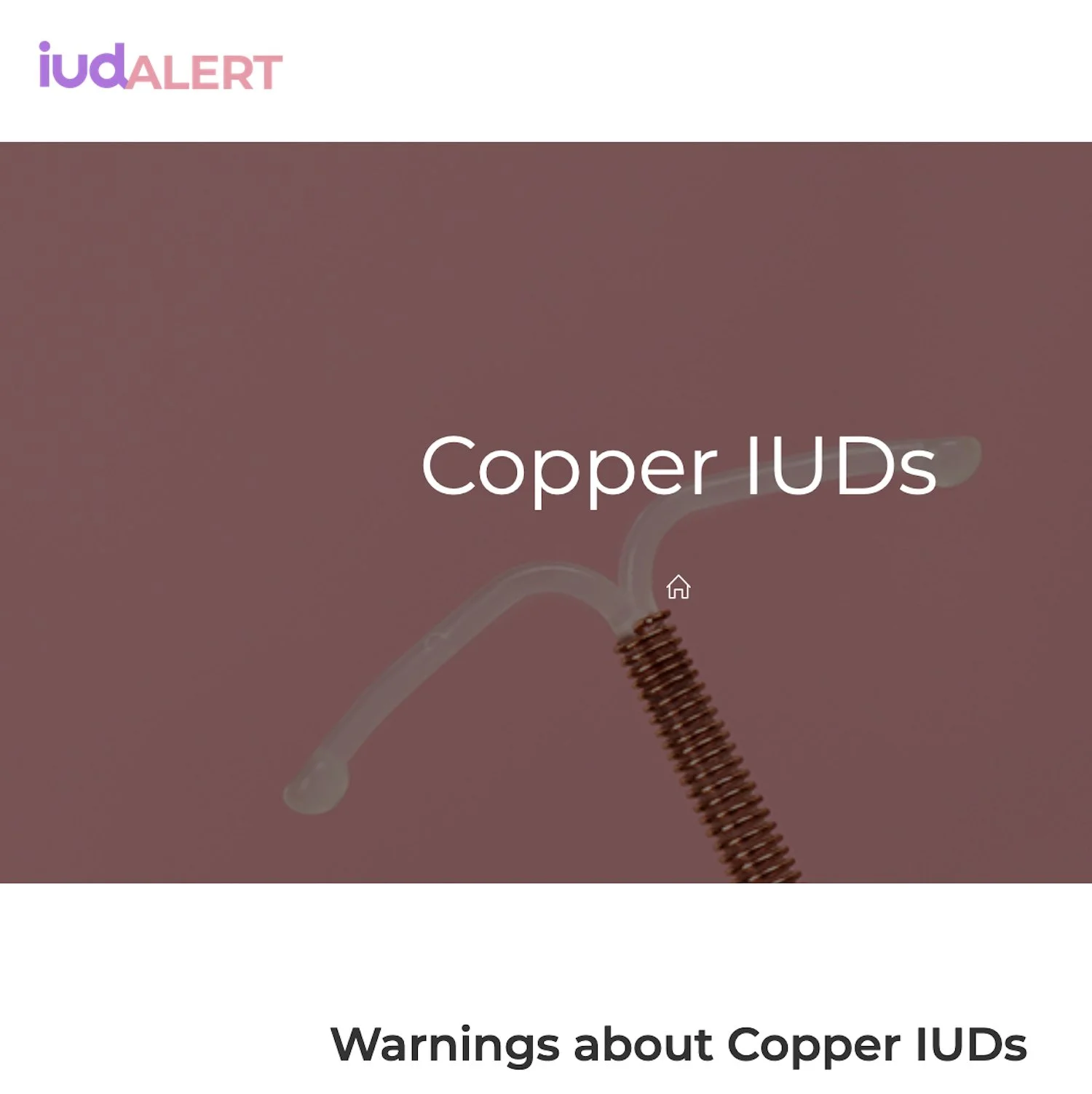What does “Rare” mean when talking about IUD Side Effects?
/ Tamara Wilder
I am trying to write up a good balanced response to the numerous people who love to write off or dismiss my experiences (and those of most of the members of this group) by saying that it is "RARE".
What exactly does "rare" mean when you are talking about a device that is being given to over 3 million women?
According to most of the manufacturer information "RARE" seems to be a less than a 1% risk for each of the following serious & life threatening side effects:
Perforations
PID (Pelvic Inflammatory Disease),
Other Life Threatening Infections,
Adhesions,
IUD Pregnancy,
Ectopic Pregnancies &
Strep Infection.
So....even if you are conservative and figure that all of them together total at least a 1% occurrence rate of just these 7 side effects in the total number of women that have gotten IUDs (estimated at at least 3 million women); then they have dramatically affected the lives of at least 30,000 WOMEN.
That is not even counting other "accepted" side effects. By Bayer's own estimation 14% of users get ovarian cysts (420,000 WOMEN) and 3% of users will have them expel (90,000 WOMEN).
That is 510,000 WOMEN having a negative physical response from the device.
Add all of them together and you get an estimated minimum of 540,000 WOMEN out of 3 million that have suffered from PHYSICAL SIDE EFFECTS.
These numbers also do not even take into consideration the long list of MENTAL & EMOTIONAL SIDE EFFECTS like anxiety, depression, insomnia, tinnitus, constant headaches and the OTHER PHYSICAL SYMPTOMS like weight gain and skin rashes etc.... that have been getting repeatedly reported by increasing numbers of women as being directly caused by IUDs.
With those symptoms are taken into account, the total number of women affected negatively could easily top a minimum of 1 MILLION WOMEN.
As these statistics show, the number of women being negatively affected by IUDs is not small, even though it is statistically "rare".
If you get a side effect, then it doesn't matter how rare it is. It is then 100% occurring in your life.
These women have suffered, are still suffering, have as strong desire to warn other women of their experiences and our stories deserve to be heard and taken into account by any woman who is considering getting an IUD.
Thanks for taking the time to read and consider this point of view... which by the way is reflected strongly in my personal experience.
-Tamara Wilder












































Natural Womanhood
August 24, 2024